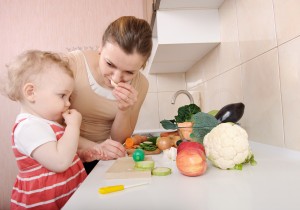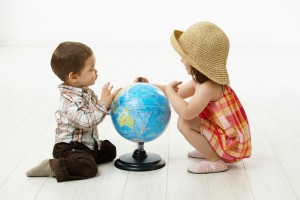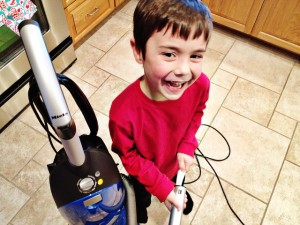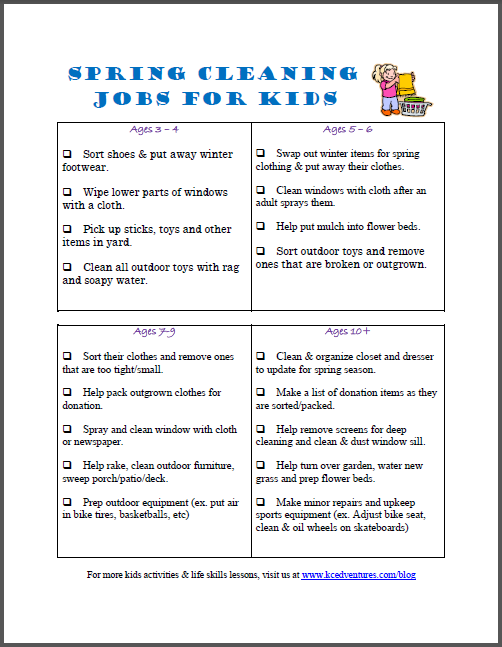The importance of family and time together is even being recognized by the retail industry. Some stores were closed for Black Friday so employees could have a day at home and, even better, some were still paid for the day. Any chance, do you think, this might become a trend?
 Children’s learning before school ever starts is crucial because 90% of the brain develops by age 5. Parents and caregivers build the foundation and teachers build on that.
Children’s learning before school ever starts is crucial because 90% of the brain develops by age 5. Parents and caregivers build the foundation and teachers build on that.
That could sound like the bad news, but this doesn’t mean piling more on the to-do list. You don’t have to start with flash cards and math facts at home. Learning can piggy-back at what you are already doing at home.
In an article for Business Insider: Science says parents of successful kids have these 11 things in common, writers Drake Baer and Rachel Gillet, list some ordinary, everyday ways. Three of the major points are having kids participate in doing chores, helping kids develop social skills, and valuing effort not just achievement.
When kids have jobs they do–at a level appropriate for their age, they develop responsibility. To kids work can be play. Doing chores is a gateway into the world of grownups, plus kids feel a sense of belonging and accomplishment. This is a foundation for independent living and working when they are on their own.
Social and emotional skills impact how well children do at school. Children’s confidence and level of comfort will impact their learning. It’s hard for kids to focus on what’s happening at school if they are anxious and unhappy. Being in a group for so many hours a day demands being able to get along with others and an understanding of how groups work. Emotionally, kids need to able to separate and to handle their feelings. Persistence and resilience are good strategies.
We all like to have our efforts appreciated and kids are no different. Mistakes are part of learning and happen to all of us. It’s much easier to tackle a challenge if there isn’t the pressure that it has to be right. Acknowledging effort instead of results is crucial.
Raffi, a children’s entertainer (Remember Baby Beluga) and founder of the Centre for Child Honoring shared some supportive words for parents,
“…we see how tough a job parenting is, my psychotherapist colleague said. She’s right. It’s the toughest job in the world and most parents these days feel stretched to their energy limits. I have the utmost compassion for you….give yourself a big hug too, every day, for this most important calling, parenting.”
Mother Nature must have had a plan. She recognized the importance of family and the challenges for parents so added in an “escape” valve. One of the best ways children learn is through play, so besides the hugs, can your day include some PLAY for you and your child?




